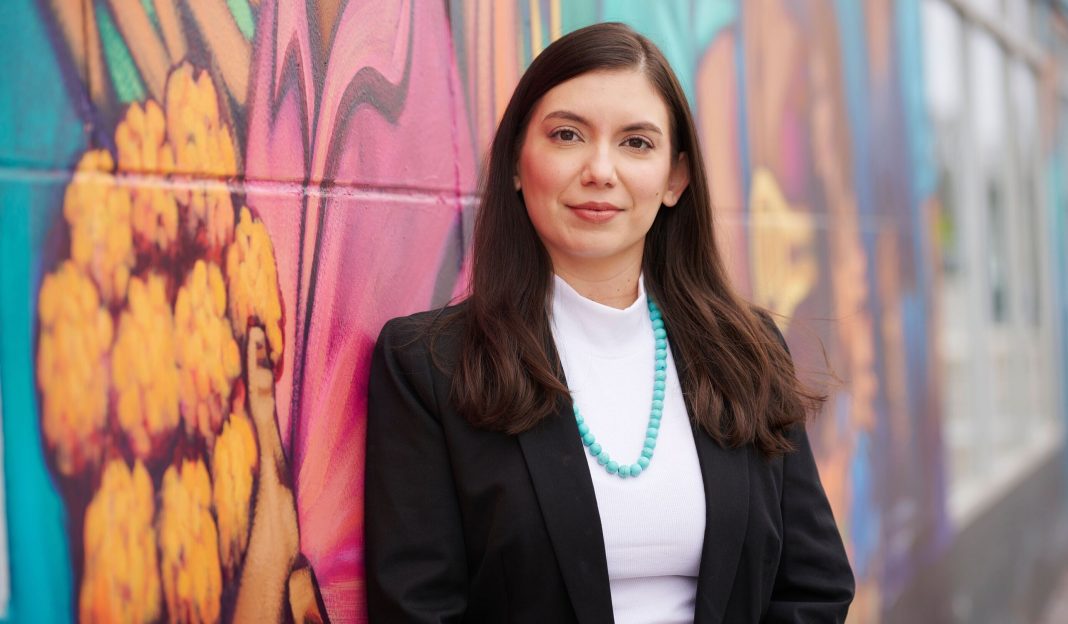The University of Minnesota Law School’s new Racial Justice Law Clinic, opening with the start of classes this fall, will provide rich opportunities to make a difference in numerous areas, including the criminal legal system, voting rights, education, employment and housing.
Liliana Zaragoza is joining the law school as an associate clinical professor of law and will lead the clinic. She worked as an assistant counsel for NAACP Legal Defense and Educational Fund and is the proud daughter of an immigrant single mother from Mexico.
The clinic’s work will involve meeting and building relationships with community groups, community organizers, nonprofits, lawyers and other leaders in the Twin Cities to learn about local priority issue areas and work together to address them.
Dean Garry W. Jenkins said the clinic will deepen Minnesota Law’s important role in serving the state by bringing a high-impact, sophisticated legal entity solely devoted to racial equity and justice to Minneapolis.
“The persistence of racial injustice has harmed communities for a long time,” Jenkins said. “But this is a unique moment in our nation’s history and our city’s history where there is a lot of interest and momentum in looking for and adopting forward-looking solutions to address systemic injustices.”
The Racial Justice Law Clinic will also collaborate with Minnesota Law’s more than two dozen other law clinics, many of which have overlapping interests.
“As an institution, we routinely see unmet need and opportunities to make critical change in arenas that affect the rights and wellbeing of traditionally under-resourced people,” said Professor Perry Moriearty, co-director of Law Clinics. “In Minnesota, more often than not, we’re talking about BIPOC individuals and communities. Our disparities are among the worst in the nation in almost every measure of social welfare and social control.”
Moriearty noted that there are many opportunities to make change in the criminal justice system, from policing to prosecution to defense to sentencing and corrections.
“That’s what makes me especially excited about having someone so personally committed to racial justice and civil rights like Liliana,” she said. “Her clinic will allow both community members and students to have a voice and be on the cutting edge of meaningful change.”
Professor Steve Meili believes the new clinic will spur more conversations about racial injustice and systemic racism in the law school, among students, faculty, administrators and alumni, and “that’s good for the entire community.”
“This is the moment when the law school and the country need this kind of clinic to address the issue of systemic racism that has given rise to tragedies such as the murders of George Floyd and Amir Locke, among others,” Meili said.

